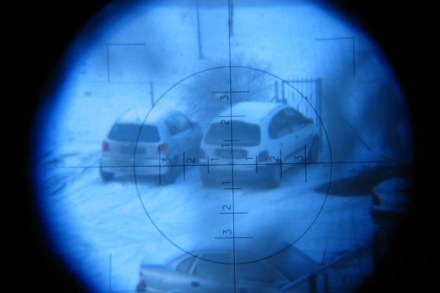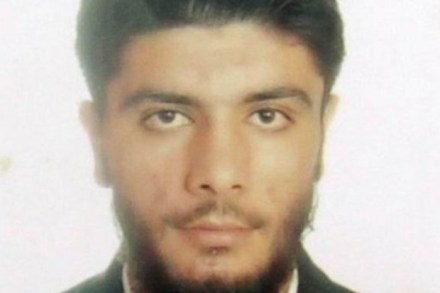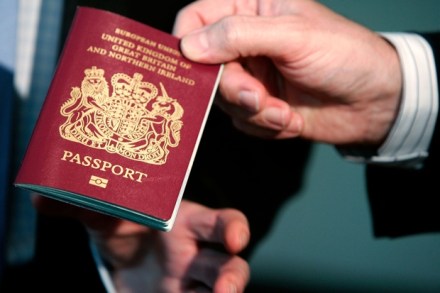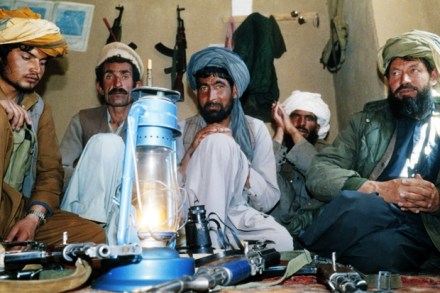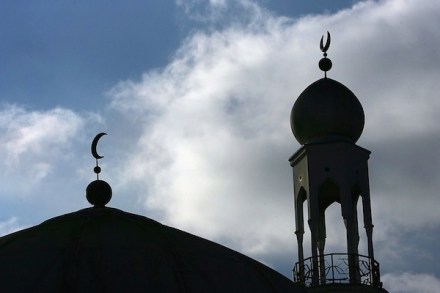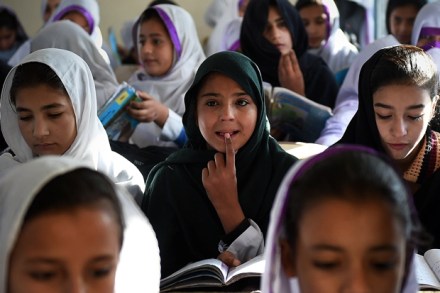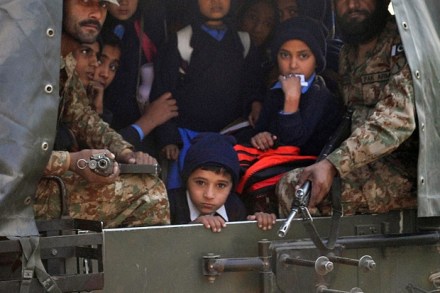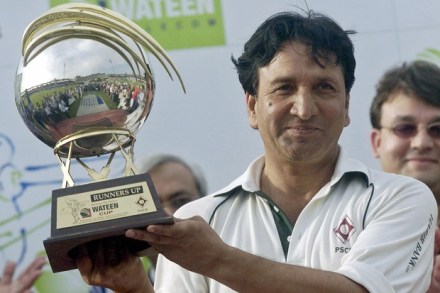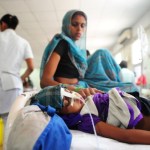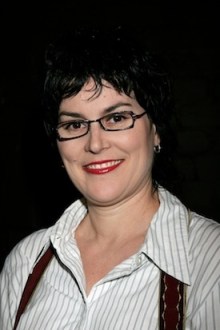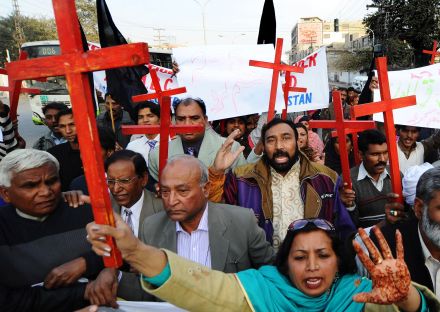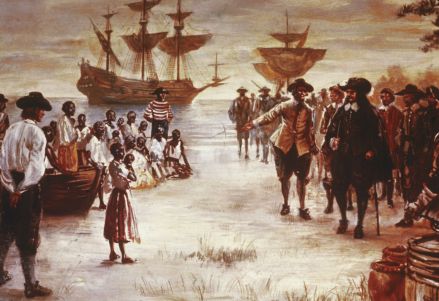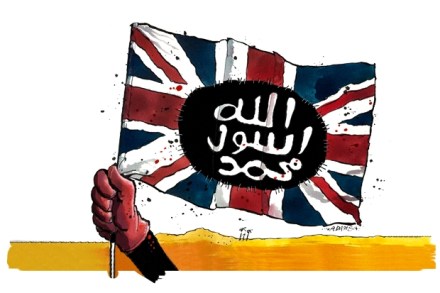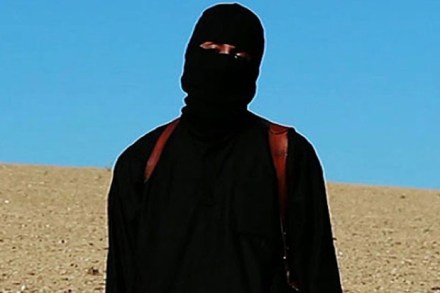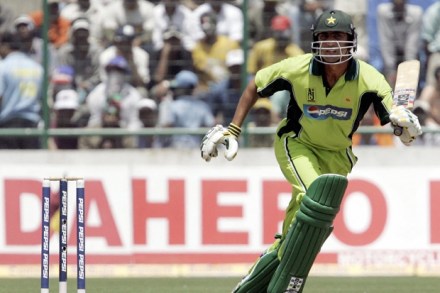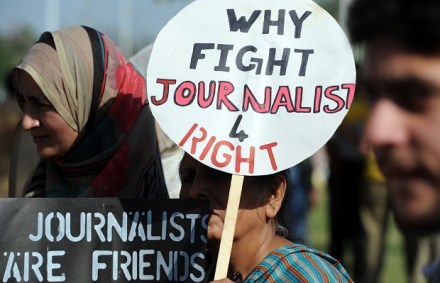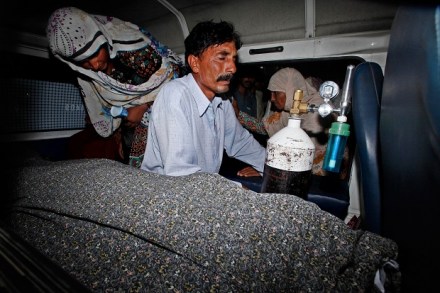Lost in the telling
This is a thriller, a novel of betrayal and separation, and a reverie on death and grieving. The only key fact I can provide without giving away the plot is that Caroline, the film-making wife of Michael, the novel’s main protagonist, is killed in the badlands of Pakistan by a drone controlled from a facility near Las Vegas. Caroline is filming Taleban leaders when they and Caroline are killed. Michael, who is ‘an immersive journalist’, has spent some years on a project with gangs in the Upper West Side of Manhattan. It is dangerous but rewarding work, and after a few years his findings are published to some acclaim under
